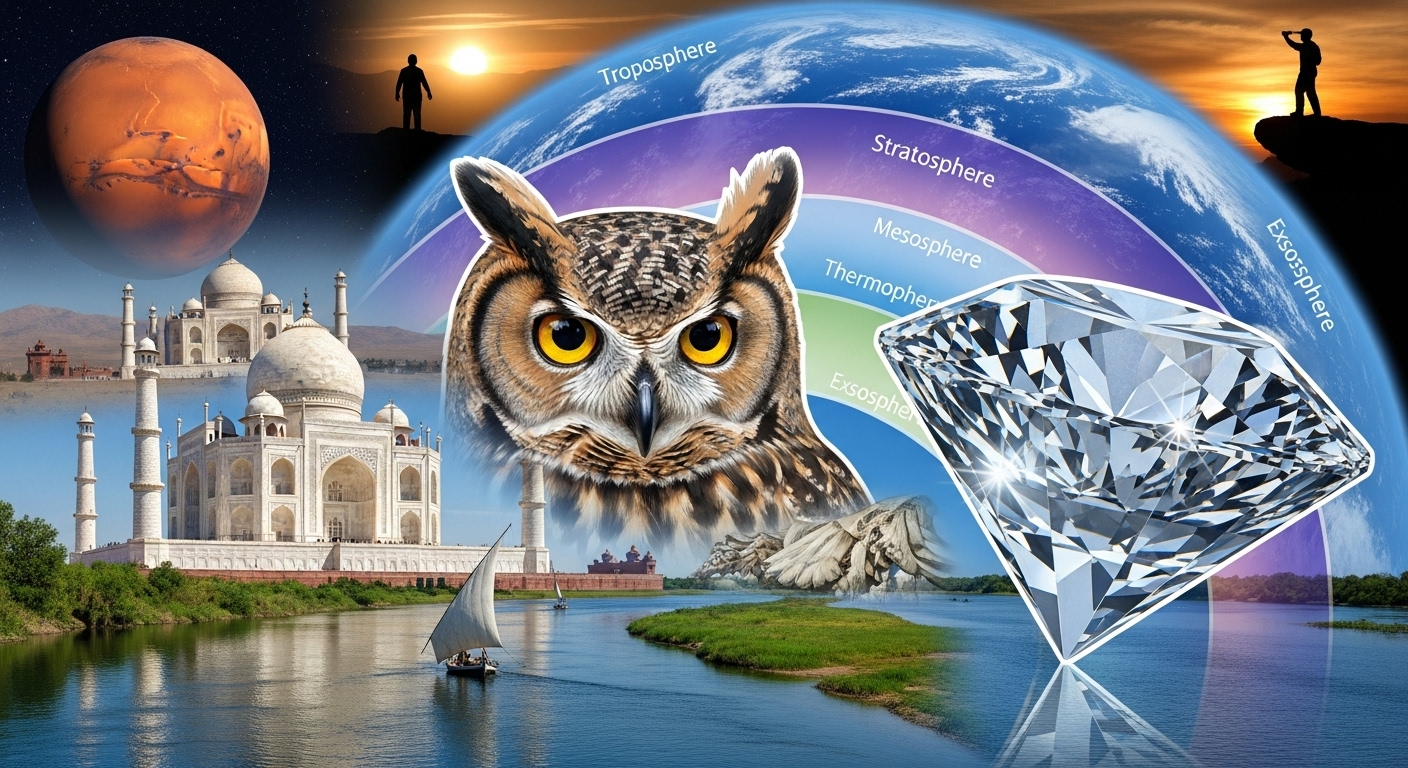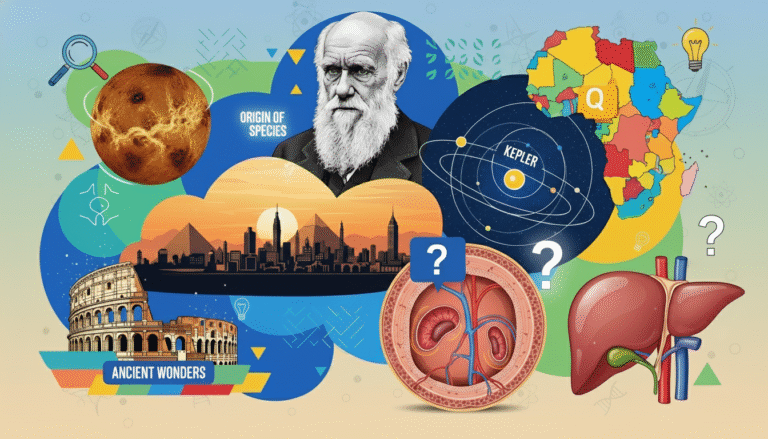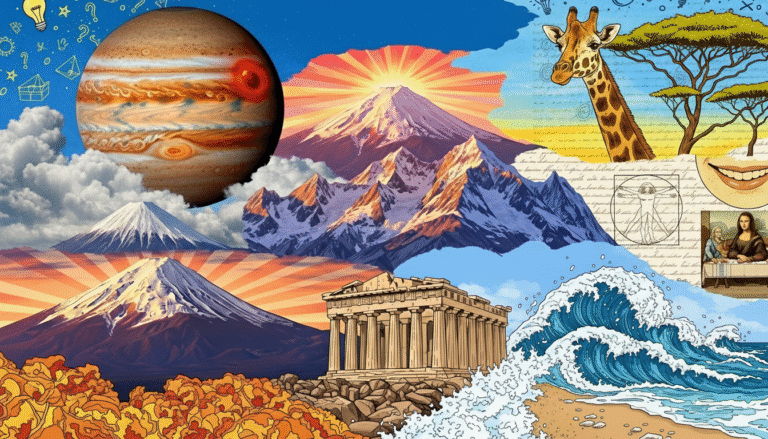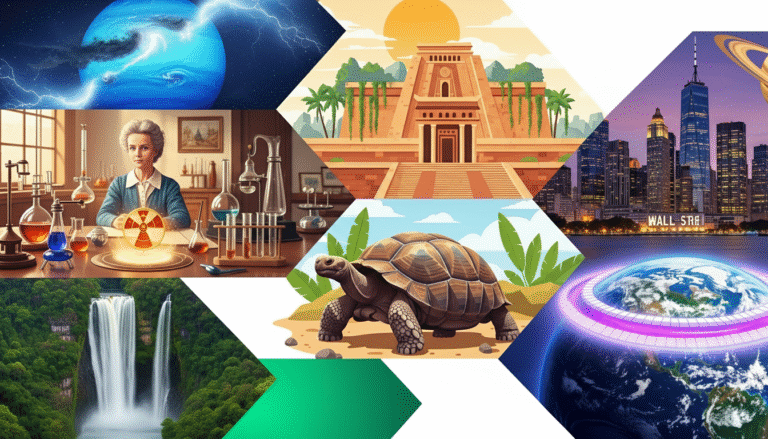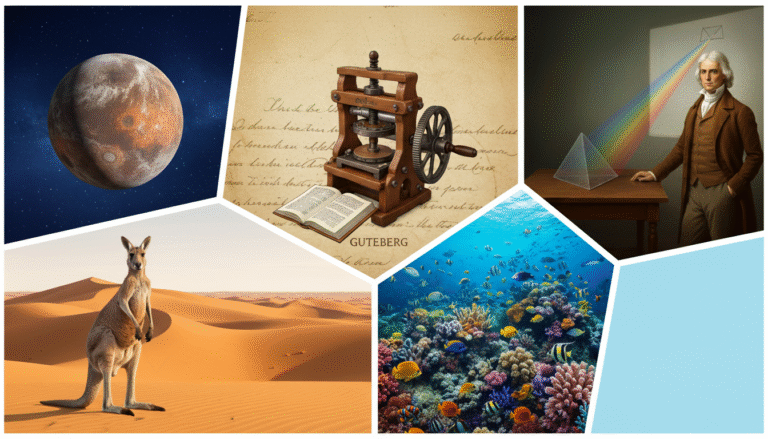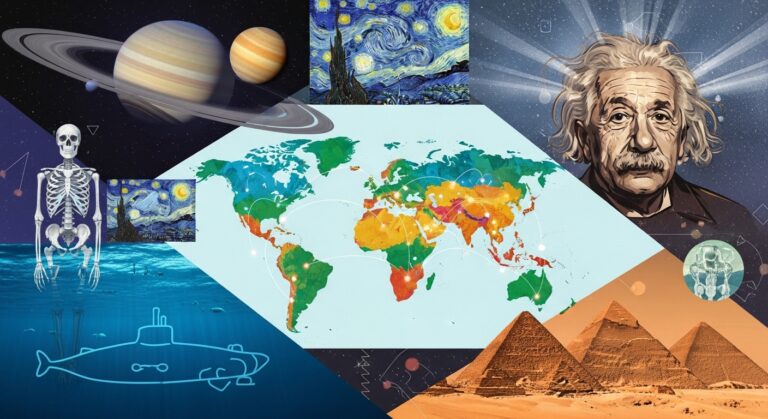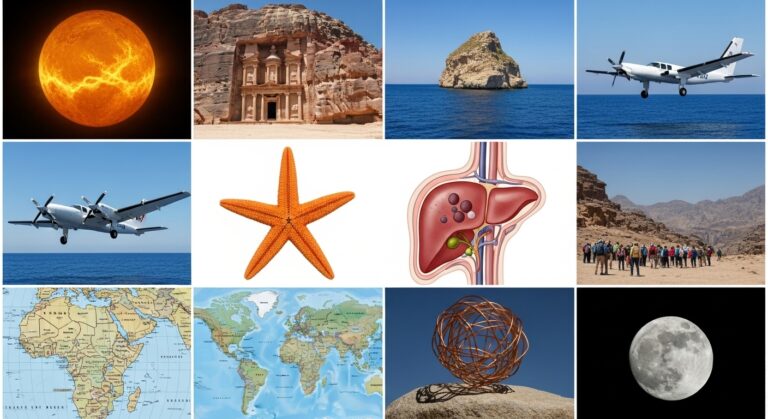General Knowledge Questions Everyone Should Try
General knowledge questions are an excellent way to expand your understanding of the world. They push you to think beyond daily habits and explore science, geography, culture, literature, and history. Whether you enjoy quizzes for fun or want to improve your knowledge for school or work, answering general knowledge questions strengthens memory, sharpens logic, and builds confidence.

This article explores the deeper stories behind the general knowledge questions in this quiz. Instead of offering quick answers, it explains why each fact matters, enhancing learning and providing meaningful insight into the world around us.
Mars: The Red Planet Explained
Mars is famously known as the Red Planet due to its rusty iron-oxide surface. Scientists consider it one of the most important planets in space exploration. It contains canyons deeper than any on Earth, volcanoes taller than Mount Everest, and traces of ancient riverbeds that suggest water once flowed across it.
Mars may have once been warm and wet, with a thicker atmosphere capable of supporting life. Today, research focuses on understanding its climate history, finding frozen water beneath its surface, and exploring the potential for future human colonization.

Michael Jackson: Why He Is the King of Pop
Michael Jackson shaped the global music industry for decades. His unique voice, iconic dance moves, and groundbreaking music videos redefined performance art. Songs like “Thriller,” “Beat It,” and “Billie Jean” transformed pop culture forever.
He introduced innovative choreography, cinematic storytelling in music videos, and a new level of artistic showmanship. His moonwalk became one of the most recognizable dance moves in history. Jackson’s influence continues today in dance, fashion, production techniques, and global music trends.

Canada: The Coastline Champion of the World
Canada has the longest coastline in the world because of its countless islands, peninsulas, bays, and the presence of three oceans. Its coastal geography shapes its economy, climate, indigenous cultures, and marine biodiversity.
The coastline includes Arctic ice landscapes, Pacific rainforests, Atlantic fishing communities, and thousands of untouched natural environments. This makes Canada a unique combination of nature, culture, and geological diversity.
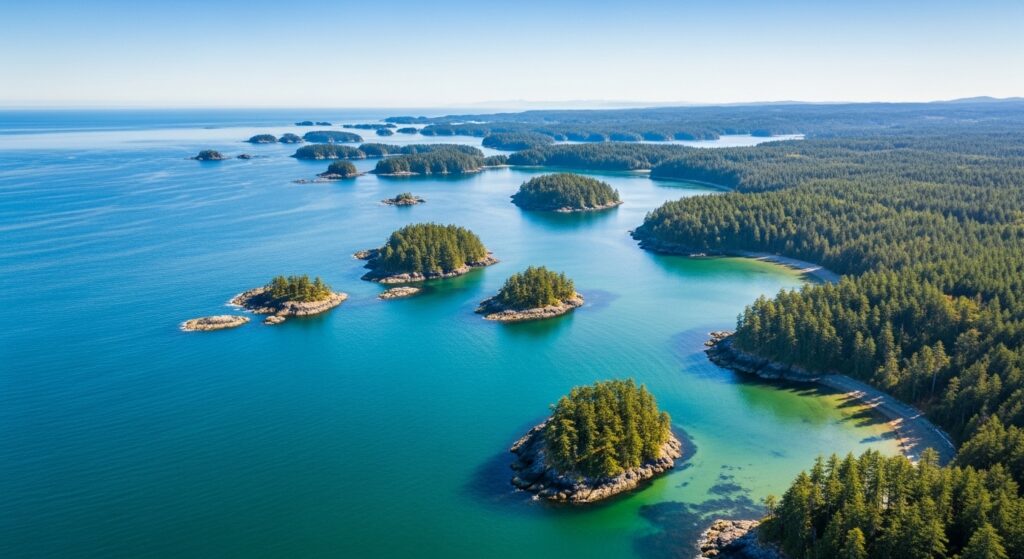
Taj Mahal: The Crown of Indian Architecture
The Taj Mahal is one of the most beautiful structures on Earth. Built by Mughal Emperor Shah Jahan in memory of his wife Mumtaz Mahal, it symbolizes love, devotion, and architectural excellence.
Its symmetrical layout, marble domes, reflecting pools, carved calligraphy, and gemstone inlays make it a masterpiece. The structure appears to change colors depending on the time of day due to how light interacts with the marble. It is also a UNESCO World Heritage Site and one of the New Seven Wonders of the World.
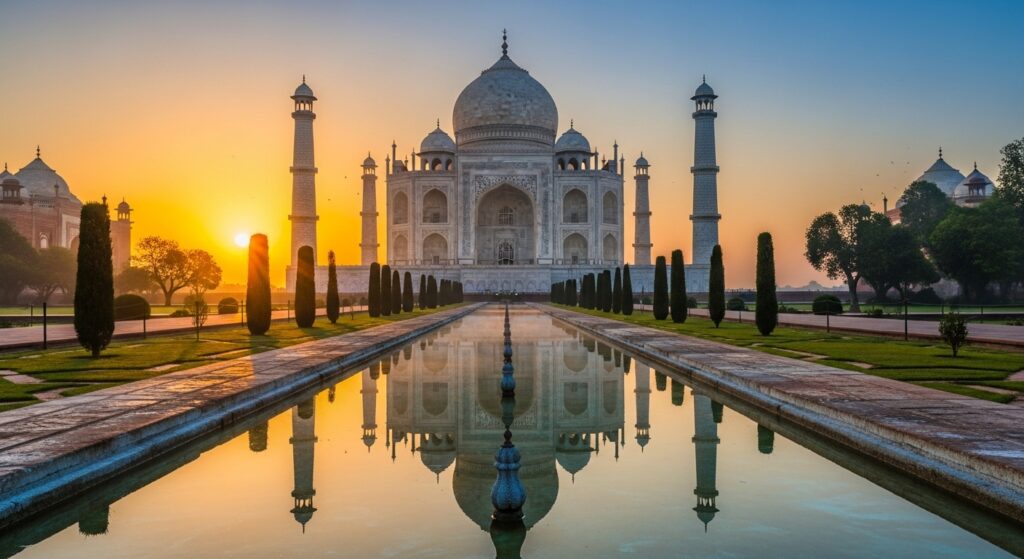
Nitrogen: The Most Dominant Gas in Earth’s Atmosphere
Many people assume oxygen is the most abundant gas, but nitrogen actually makes up 78% of the atmosphere. It stabilizes the air and prevents oxygen levels from being dangerously high, which is crucial for preventing uncontrollable fires.
Nitrogen is essential for building proteins, DNA, and healthy soil. Plants absorb nitrogen from the soil, allowing them to grow and support life across the planet.
George Orwell: Creator of “1984”
George Orwell’s “1984” is one of the most influential novels ever written. It describes a world controlled by surveillance, propaganda, and government manipulation. The book explores concepts such as Big Brother, censorship, and loss of individuality.
Orwell’s ideas continue to shape discussions about privacy, government power, and digital freedom today. His writing style and warnings about political control make “1984” a timeless classic.
The Nile River: A Lifeline Across Africa
The Nile is traditionally known as the longest river in the world. It flows through eleven countries and has supported life for thousands of years.
Ancient Egyptians depended on the Nile’s predictable flooding for fertile soil, allowing them to grow crops, build cities, and develop a powerful civilization.
The river remains important today for transportation, irrigation, energy, and culture throughout northeastern Africa.
Owls: Nature’s Incredible Head-Turners
Owls can rotate their heads up to 270 degrees thanks to their unique skeletal and vascular systems. Their necks contain more vertebrae than human necks, and special arteries allow blood to keep flowing even when their heads twist dramatically.
Owls also have ultra-soft feathers that silence their flight, powerful talons, and night vision far superior to humans. Their incredible adaptations make them extraordinary hunters.
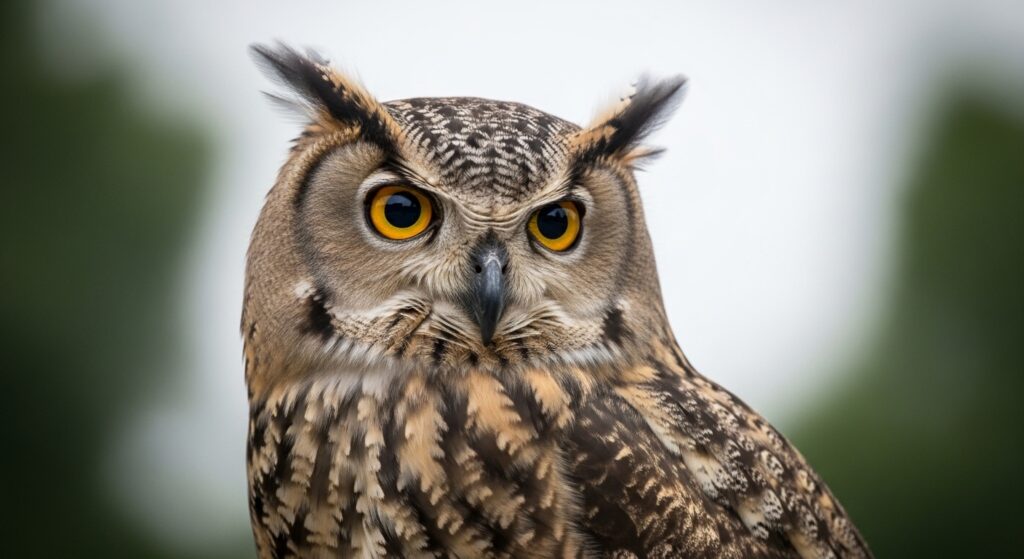
Gunpowder: China’s Explosive Invention
Gunpowder was invented in China during the Tang Dynasty, likely by alchemists searching for an immortality potion. Its earliest uses were for fireworks, but it later changed warfare and exploration across Asia, Europe, and the Middle East.
Gunpowder enabled cannons, early firearms, rockets, and new forms of military strategy. It also became essential in mining, construction, and celebrations.
Diamond: Earth’s Hardest Natural Material
Diamonds are formed deep inside Earth under extreme pressure and heat. Their carbon atoms link together in a perfect three-dimensional structure that makes them the hardest natural substance known.
Diamonds are used in jewelry, surgical tools, drilling equipment, and high-tech heat dissipation systems. Their clarity, strength, and brilliance give them both scientific and cultural value.

Why Everyone Should Try General Knowledge Questions
General knowledge questions strengthen critical thinking, enhance memory, and make learning enjoyable. This quiz covers multiple fields, giving you a well-rounded understanding of the world. Whether you’re preparing for school tests, quiz competitions, or just love learning, these questions broaden your perspective and fuel your curiosity.

